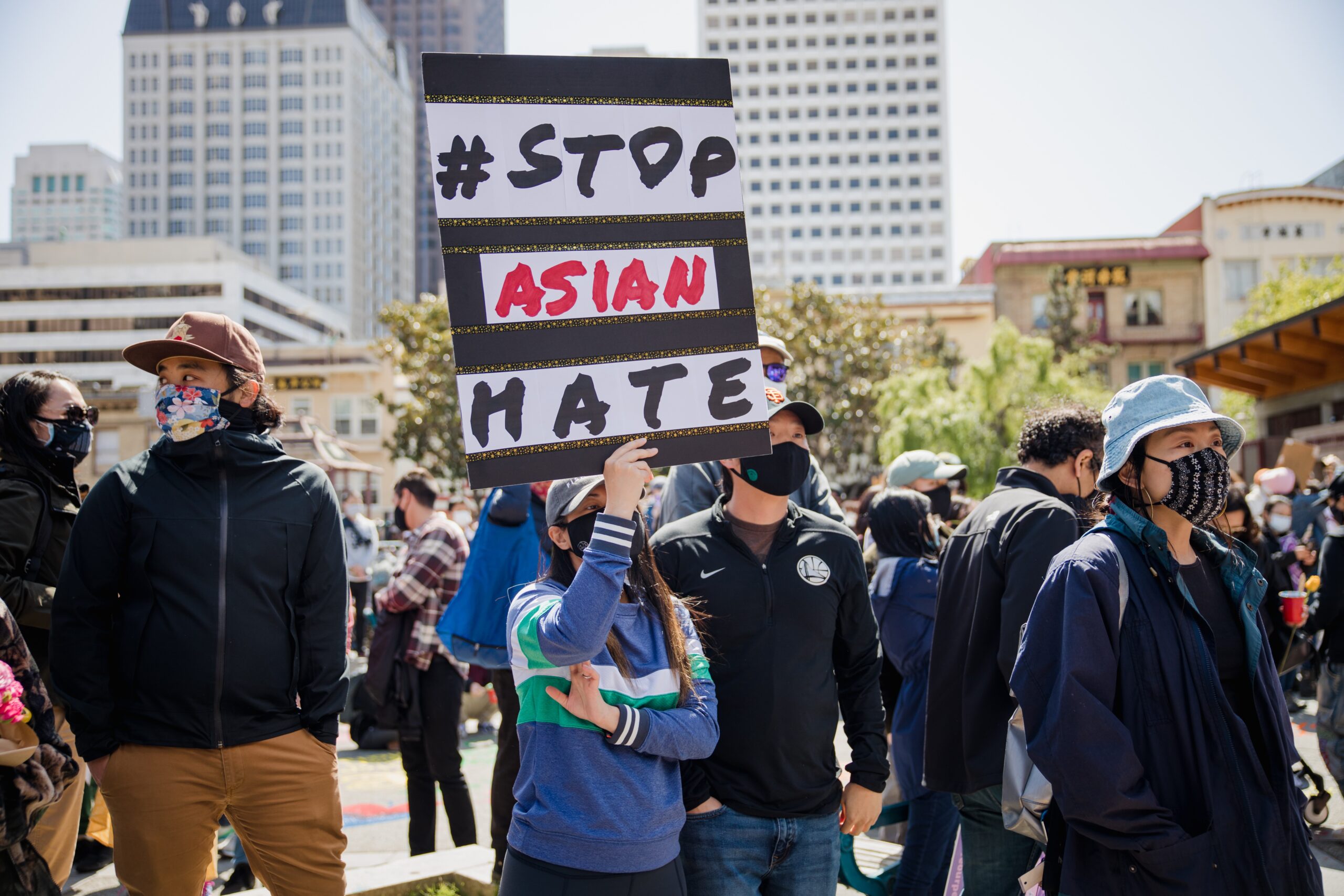
From anti-Asian racism during the pandemic to spring semester burnout, here are this week’s top college student insights.
Anti-Asian Racism
A new survey of 650 undergraduates finds that 7 in 10 (71%) students believe President Trump’s rhetoric about COVID-19 increased anti-Asian bias. While college Democrats are more likely than college Republicans to say Trump’s language increased anti-Asian bias in the U.S. (90% vs. 33%), one-third of Republicans agree.
Nearly three-quarters (74%) of Asian college students say they have experienced discrimination or been treated unfairly because of their race or ethnicity. About 1 in 10 (13%) say they experience discrimination frequently, while 61% say it happens from time to time. When it comes to incidents of racism or xenophobia specifically related to COVID-19, one-quarter (25%) of Asian students say they have personally experienced at least one incident.
Thinking about your own experience, have you ever personally experienced discrimination or been treated unfairly because of your race or ethnicity?
In general, 4 in 10 (41%) students say there is too little attention paid to race and racial issues in our country these days. By comparison, roughly 2 in 10 students say there is either about the right amount (21%) or too much attention (22%) paid to racial issues right now while 15% are not sure. However, Republican students are almost ten times as likely as Democratic students to say the U.S. currently pays too much attention to race (75% vs. 8%).
Burnout
Many universities canceled Spring Break this year in an effort to shorten the semester and limit travel during the pandemic. Roughly two-thirds of students didn’t get the typical mid-semester break, and a new survey of 840 undergraduates finds that a majority (74%) who didn’t have a Spring Break say they experienced some amount of burnout without the week off.
Female students are more likely than male students to say they experienced burnout, however. Nearly 9 in 10 (86%) female students who didn’t have a break say they either strongly or somewhat agree that they felt burned out, compared to 6 in 10 (60%) male students who say the same. Male students are more likely to say they aren’t sure if they experienced burnout (23% vs. 5%).
Agree or disagree: I experienced burnout without a Spring Break this semester.
___________________________
Methodology: All surveys were designed and conducted by College Pulse. Interviews were conducted among a sample of full-time and part-time students attending colleges or universities in the U.S. who are part of College Pulse’s American College Student Panel.




